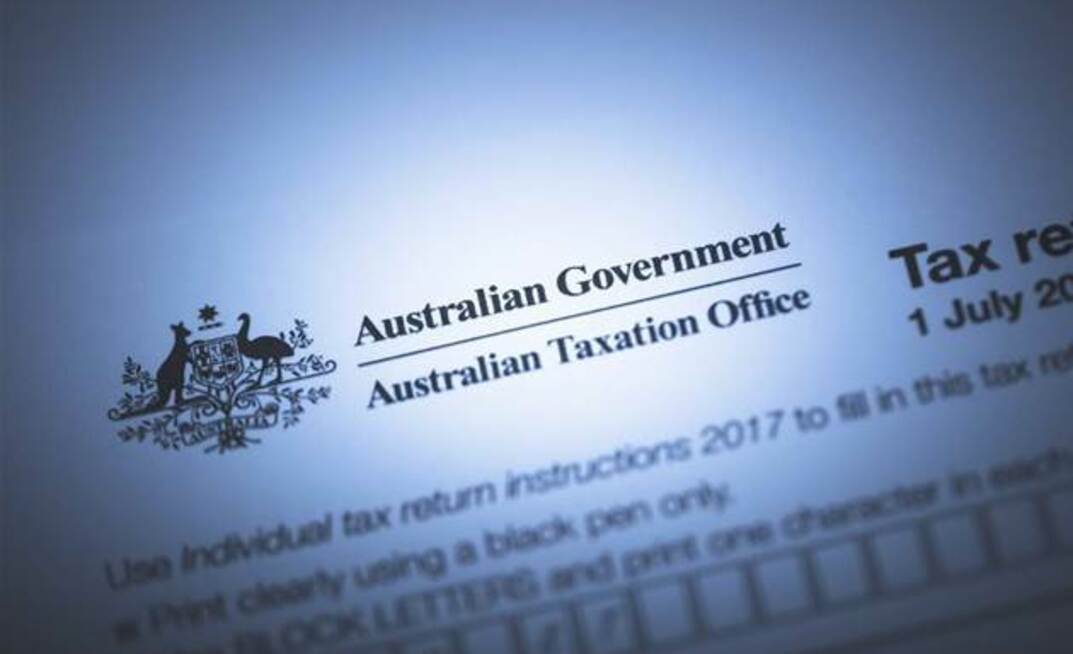Chevron Australia has reported a $3.5 billion company income tax bill for 2023, following the $4.2 billion paid it paid in tax in 2022, marking its status as one of Australia's most significant corporate taxpayers.
In a statement, a Chevron spokesperson emphasised the company's substantial tax contributions over the last two years, amounting to more than $7.7 billion.
"This is a significant contribution and one we are proud to make," the spokesperson said, noting that these payments play a crucial role in funding essential public services such as healthcare and cost-of-living support.
This marks a major improvement given the oil and gas major had faced ongoing scrutiny as it paid virtually no Australian corporate tax here for over 2019-2021, and as it had to fork out a hefty $340m penalty in 2017 when it had to settle its accounts with the Australian Taxation Office (ATO) after it lost its Full Federal Court case.
YOU MIGHT ALSO LIKE

Tim Buckley, former MD of Research at Citigroup and the founder and director of think tank Climate Energy Finance, said the 2022 and 2023 tax payments are a very welcome development.
Buckley said, "Chevron's tax claims represents a significant positive step forward by the ATO in closing the substantial gap in corporate tax paid by multinationals in Australia over the last one to two years. We look forward to seeing similar reports from other multinational energy majors operating here."
Long shadow
The payment of the latest tax bill is a welcome injection of funds into the nation's coffers and a positive step forward from previously voiced concerns about the company's historic handling of its Australian taxation affairs.
In 2017, Chevron was involved in a legal battle with the ATO over its transfer pricing practices, resulting in one of the largest tax settlements in Australian history—totalling $340 million.
The case centred on an intra-company loan arrangement that enabled Chevron to shift profits offshore, reducing its Australian tax obligations.
The Federal Court ruled the loan's interest rates were not at "arm's length," breaching transfer pricing rules and setting a precedent that could influence a broader $42 billion loan portfolio.
The case coincided with the dawn of a noticeably more robust approach from the ATO – encouraged by former Coalition treasurer Josh Frydenberg and, more recently, current treasurer Jim Chalmers – to clamp down on multinational tax avoidance.
Projection discrepancies
In 2015, when the firms Gorgon and Wheatstone developments were in construction, Chevron commissioned the independent economics advisory firm ACIL Allen to carry out study on the forecasted economic impact of Chevron's projects in Australia over the 2016 to 2050 period (the study was updated in 2018).
The report stated Chevron's Australian investments would generate $11 billion in tax revenue by 2021, contributing a total of $355 billion to government coffers over the following decades.
However, according to the ATO multinational tax transparency initiative, in 2019, 2020 and 2021, despite Chevron generating a cumulative revenue of A$45.6 billion, the firm paid just A$156m corporate income tax here – a fact their accounts put down to the large cap-ex construction costs and also the effects of the COVID-19 pandemic.
"By contrast, the average Australian domiciled ASX-listed company consistently pays a full 30% corporate tax rate each and every year, reflecting their inability to exploit offshore tax havens," Buckley noted.
A spokesperson for Chevron said: "These are significant long-term projects which can take decades to come online, the Gorgon field for example was discovered in the early 1980s, with gas first produced in 2016.
"As projects move through the stages of exploration, development, construction, and ramp-up incur tax losses are incurred, but these reduce to zero over time, to the point where company income tax becomes payable.
"And this is where we have been for more than two years now – the full production phase - with revenue, which is underpinned by strong production, exceeding allowable deductions."























